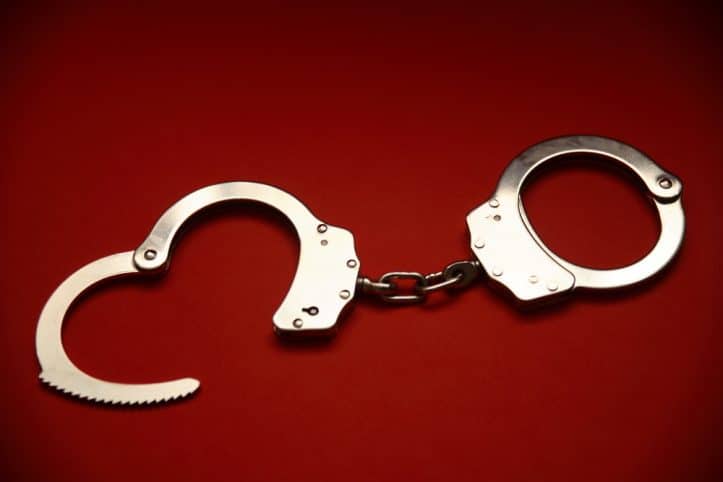Lawyerless Virginia DUI investigations- Are they legal?
Lawyerless Virginia DUI investigations- Are they legal?

Lawyerless Virginia DWI police investigation are common, says Fairfax DUI lawyer
Lawyerless police investigations of Virginia DWI suspects are par for the course. As a Fairfax DUI lawyer, I know that this state of affairs makes it all the more important for you in advance to know of your Constitutional Fifth Amendment right to remain silent, your Fourth Amendment Constitutional right to decline to consent to searches, your right to decline field sobriety testing (FSTs and SFSTs) even though the law allows your refusal to be considered against you, and your right to decline preliminary /pre-arrest breath testing (PBT) even if the judge may consider such refusal in determining whether the law enforcement officer (LEO) had probable cause to arrest you. It is important for you to understand that you and your Virginia DUI lawyer may not get very far arguing about any police refusal for you to have access to a lawyer until after any breath or blood testing has taken place.
Will the police give me access to a lawyer during their Virginia DUI investigation, or will LEO prolong the period that I am lawyerless during that investigation?
Expect Virginia judges to leave to police the discretion whether to let you consult with an attorney or anyone else for the time period leading up to when you have finished taking a breath or blood test, or have refused such testing and not then been subjected to a blood test by search warrant, or to keep that entire period of time lawyerless. Certainly do not expect to be given the opportunity to have access to a court-appointed lawyer (versus a retained lawyer) before you see the magistrate, who sets any bond amount and any pretrial release conditions.
What advantage do I get if the police did not read me my rights?
Perhaps counterintuitive is that the federal Supreme Court and Virginia appellate courts generally do not require that you be read your Miranda rights during the initial stages of a Virginia DWI investigation pursuant to Virginia Code § 18.2-266‘s prohibition against driving under the influence of beer, wine, alcohol, drugs, cannabis, or medication, and do not exclude any non-Mirandized refusal by you to submit to a post-arrest breath or blood test. The key court cases allowing such a long period of absence of Miranda rights and a lawyerless time period are Berkemer v. McCarty, 468 U.S. 420 (1984) and Harris v. Commonwealth of Virginia, 27 Va.App. 554 (1998). Virginia judges generally will not exclude non-Mirandized pre-arrest questions in Virginia DWI prosecutions, except that I am ready to argue that once a police officer has made his or her decision to arrest the defendant, such a subsequent (but pre-arrest) question as how much the suspect drank that night should be inadmissible if non-Mirandized.
What specifically does Virginia appellate caselaw say about the extent of the absence of Miranda protections before a DWI arrest and even concerning post-arrest refusal to submit to breathalyzer testing or a blood draw to check for blood alcohol content (BAC)?
In a 2011 decision, the Virginia Court of Appeals made clear as day the wide leeway that it gives police to engage in lawyerless, non-Mirandized pre-arrest DUI questioning and requests for submitting to post-arrest breath and blood testing. Gibson v. Commonwealth of Virginia, 57 Va.App. 772 (2011). On top of that, the federal Supreme Court confirms that the Fifth Amendment and Miranda ordinarily do not apply to admitting into evidence the non-Mirandized refusal of a DWI arrestee to submit to breath and blood testing. South Dakota v. Neville, 459 U.S. 553 (1983). Gibson also does not treat field sobriety testing as generally requiring Miranda warnings:
“Officer Will’s failure to read Gibson his Miranda warnings prior to administering the field sobriety tests did not require the suppression of the results of the field sobriety tests. As none of the physical components of the field sobriety tests involved testimonial communication, Gibson’s physical performance during the field sobriety tests was not protected by the Fifth Amendment. Similarly, Officer Will’s question about whether Gibson had any physical problems, and Gibson’s response thereto, were necessarily attendant to a legitimate police procedure: administering the field sobriety tests. The question was designed to assure the validity of the field sobriety tests and not to elicit, nor did it elicit, an incriminating response. Accordingly, the decision of the trial court is affirmed.” Gibson, 57 Va. App. at 784.
What do I do once I have the right to consult with a Virginia DUI lawyer?
Do not delay in seeking the right Virginia DUI lawyer for you after the time period with the police that you were lawyerless, while your recollection is still fresh, and before you do anything to jeopardize your rights for pursuing your best defense against a DWI prosecution. Fairfax DUI lawyer Jonathan Katz has successfully defended hundreds of people prosecuted for alleged DWI offenses, has successfully taken hundreds of such cases to trial, and has successfully settled hundreds of such cases. With Virginia DWI attorney Jon Katz on your side, you get a full court press for as much justice and victory as possible. Call 703-383-1100 for your free in-person confidential consultation with Jon about your court-pending prosecution.

